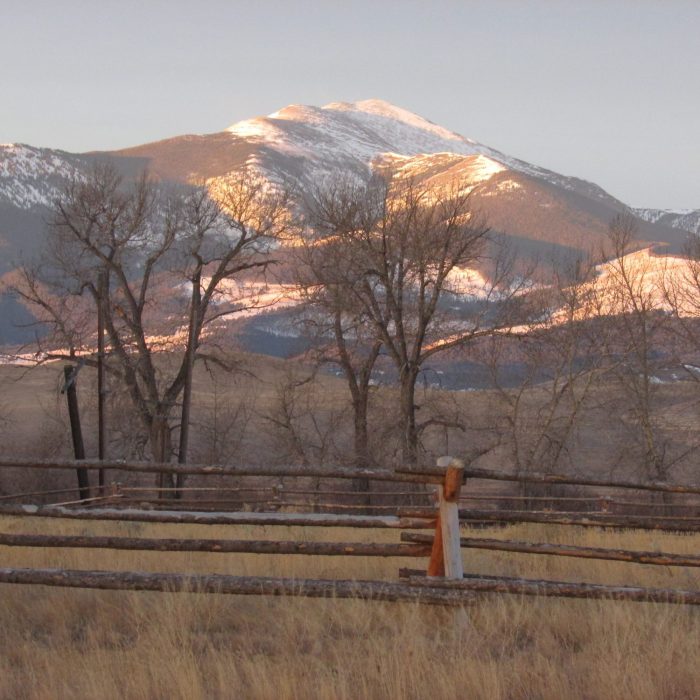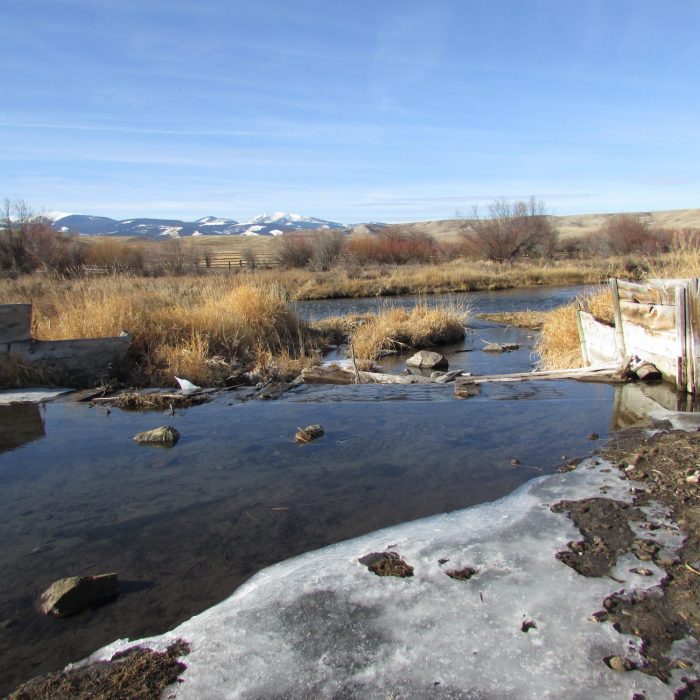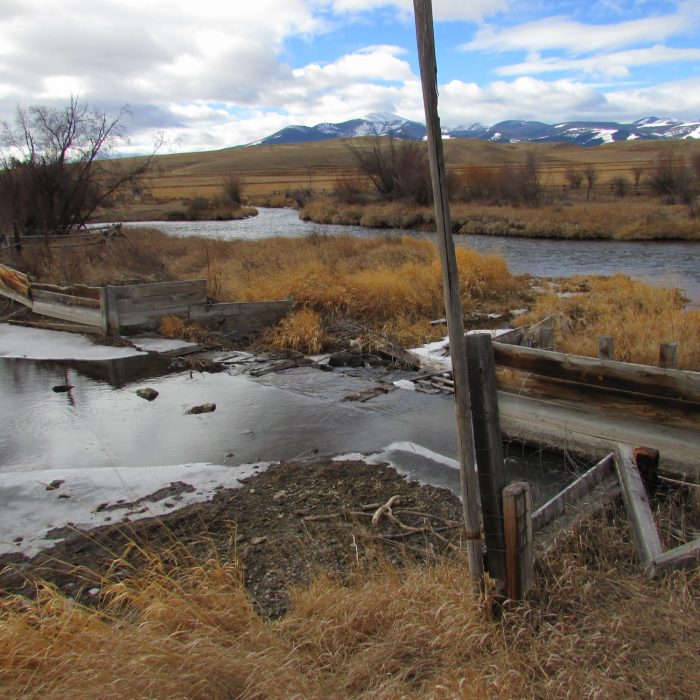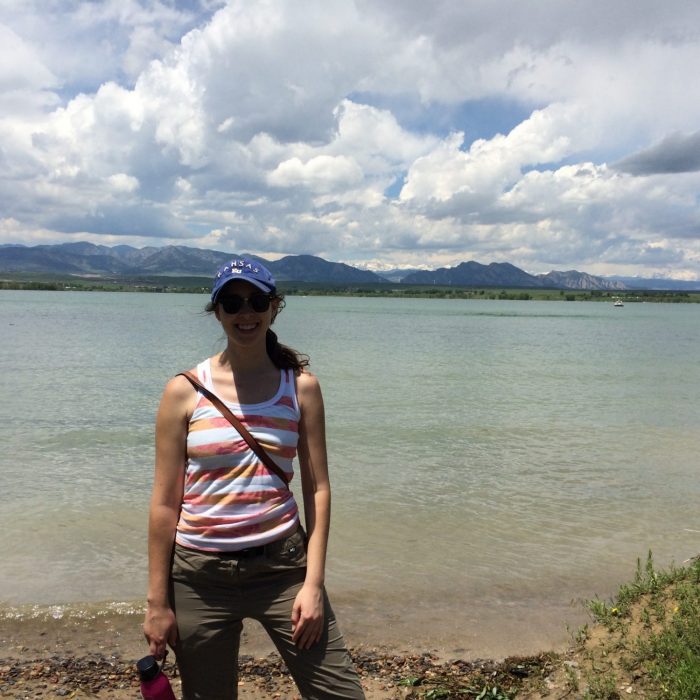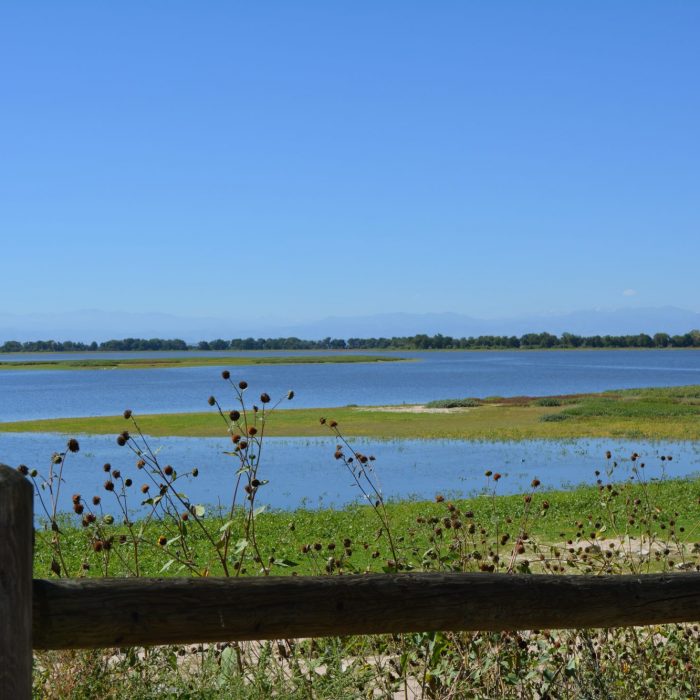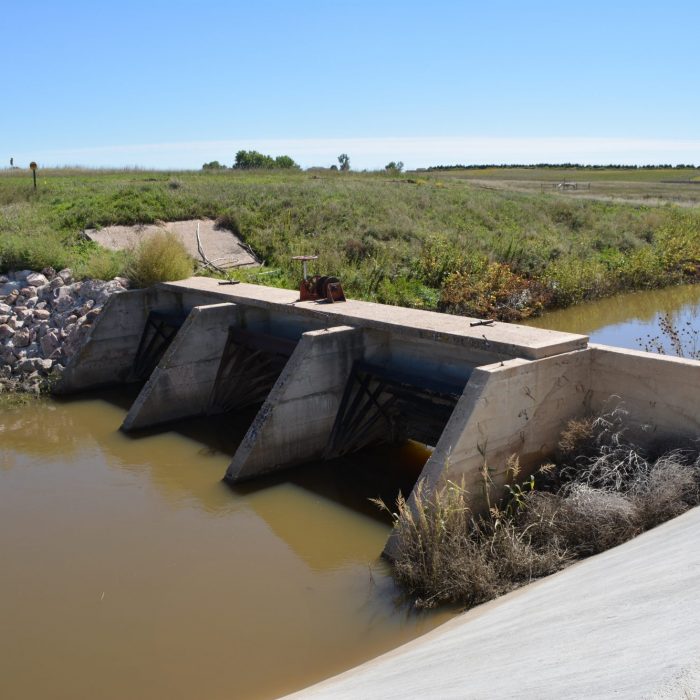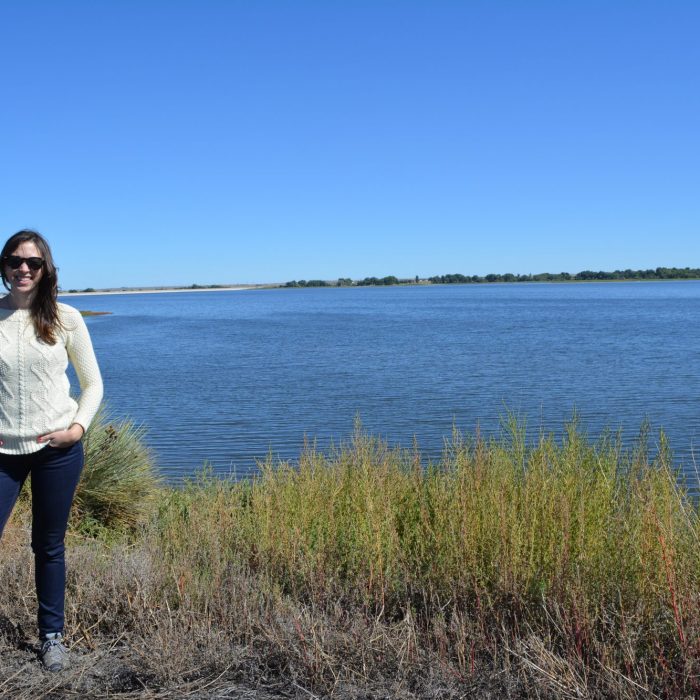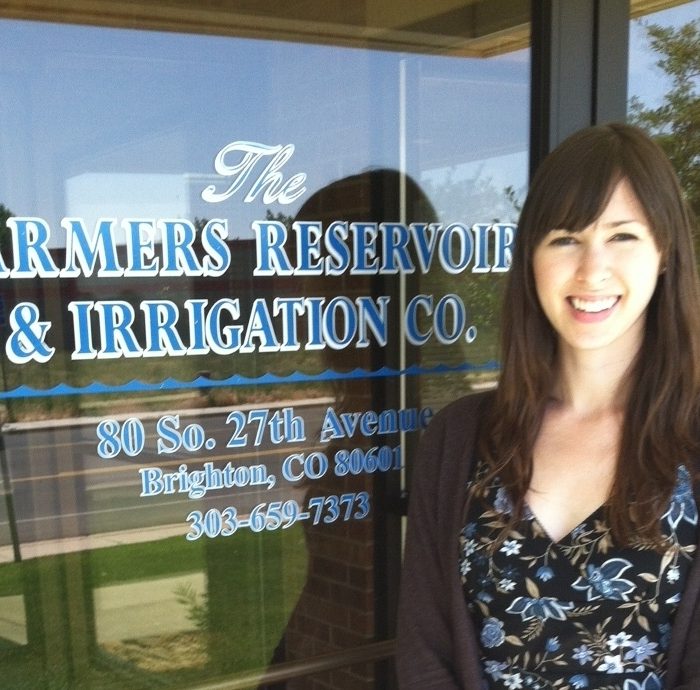Water History
The Public and Environmental History Center provides innovative environmental histories of natural resources. One of the Center's specialties is water history. We have completed administrative histories, oral histories, and digital projects related to water use and resources. Below are descriptions of some of these special water projects. Contact us to discover how we can partner with you on work related to the history of natural resources.
Oral History and Irrigation Report
Partner: Grant-Kohrs Ranch National Historic Site
Project Principal Investigator: Dr. Janet Ore
Researchers: Hannah Braun (2015-2016), Janell Nelson Byczkowski (2013-2014)
Timeline: 2013-
This project uses oral history to tell the story of water, ranching, and irrigation at Grant-Kohrs Ranch National Historic Site, connecting this story to the larger environmental history of ranching and water use in the West. The project will result in the recording and transcription of a half-dozen oral history interviews with area water users, a research report on the history of irrigation at Grant-Kohrs Ranch and its larger context in the U.S. West, including a summary of findings from the oral history interviews.
2013 Colorado Flood Oral History Project
Partner: Colorado Water Conservation Board
Additional Partner: Water Resources Archive, Morgan Library, Colorado State University
Project Principal Investigator: Dr. Ruth Alexander
Researchers: Naomi Gerakios Mucci (project lead), Zach Lewis, Tessa Moening, Mitchell Schaeffer
Timeline: 2014-2015
This project was a collaborative oral history involving the Public Lands History, the Water Resources Archive at CSU’s Morgan Library, and the Colorado Water Conservation Board. The PLHC collected, transcribed, and digitized thirty-one oral histories of individuals involved in the September 2013 floods in Northern Colorado. Most of these individuals were involved in addressing and responding to the flooding in a professional capacity, and included climate scientists, water and storm water managers, municipal and county administrators; engineers, emergency managers, search, rescue and recovery personnel; disaster relief personnel; and park managers. A final report summarized the team’s findings regarding the oral histories and how water and management professionals addressed the 2013 flood and lessons learned. The Water Resource Archive then compiled a finding aid for the collection, digitized the interviews and transcripts, and made the entire collection available to researchers and the public on their website.
Project Digital Collection: Guide to the Northern Colorado Flood Oral History Collection, Colorado State University Water Resources Archive.
Press Documents:
--"The 2013 Colorado Flood Oral History Project" by Ruth M. Alexander, Colorado Water, November/December 2015, pages 29-31.
-- “University archives document 2013 flood history” by Veronica Baas, The Rocky Mountain Collegian, November 12, 2015.
-- “CSU starts 2013 flood oral histories” by Monte Whaley, The Denver Post, October 29, 2015.
-- “Oral histories of 2013 Front Range flood available through CSU libraries” by Charlie Brennan, Boulder Daily Camera, October 27, 2015.
-- “CSU effort preserves oral history of 2013 flooding” by CSU External Relations Staff, Source, Colorado State University, October 21, 2015.
Administrative History of Farmers Reservoir and Irrigation Company
Partner: Farmer’s Reservoir and Irrigation Company
Project Principal Investigators: Dr. Mark Fiege, Dr. Reagan Waskom (Director, Colorado Water Institute)
Researcher: Hayley Brazier
Timeline: 2012-2015
This project built upon the earlier oral history project for Farmers Reservoir and Irrigation Company (FRICO) by completing a narrative administrative history of the company using the oral history interviews as well as archival and secondary research materials on the company and water use along Colorado’s Front Range. The final product tells the story of FRICO in the context of agricultural and urban development and growth in Colorado and provides FRICO members with a cohesive and well-documented account of their collective history. This narrative history of the organization provides a strong foundation for meeting future challenges and permanently documents the important role FRICO has played in Colorado’s water history.
